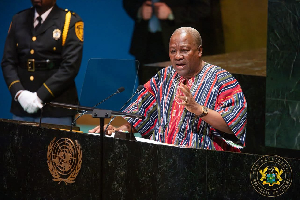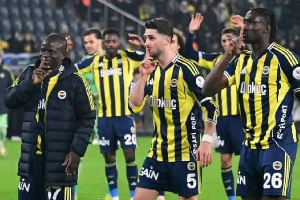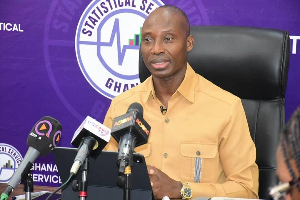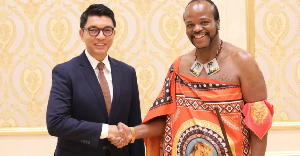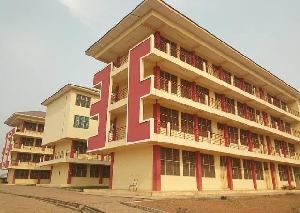Even before government gives details on the free electricity package announced to cushion the poorest people in the country, it is becoming clearer that most of them will miss out on the relief package.
President Nana Akufo-Addo last week announced a 100 per cent absorption of electricity bills for the poorest of the poor who consume up to 50 kilowatt-hours a month and a 50 per cent for those whose consumption is above 50 kilowatt-hours.
“Government will fully absorb electricity bills for the poorest of the poor…That is free electricity for persons who consume from 0-50 kilowatt-hours a month for this period,” he stated in his sixth covid-19 address to the nation.
He explained the relief intervention is “to provide some reliefs to households for loss [of] income,” as a result of the deadly coronavirus outbreak in the country which has so far affected 636 people and killed eight of them.
Critics have argued the free electricity will not benefit the poorest of poor who are supposed to be the beneficiaries of the relief package because most of those persons live in compound houses and share a single meter.
The situation, according to them, will put the electricity consumption of those persons outside the 0-50 kilowatts-hours per month bracket, which they would ordinarily, have qualified for if each of those persons were to use their individual meter.
When asked by Berla Mundi on TV3 Covid-19 360 Wednesday morning, whether there will be some dispensation for such poorest poor in that situation, Information Minister Kojo Oppong indicated otherwise.
He explained that the power distributors like the ECG will not be looking at the economic background of individuals in implementing the relief package for the customers but rather the electricity meters.
“You must recognise that the Electricity Company of Ghana identifies customers by meters, not necessarily how many people are in that house,” he indicated.
He explained that “it is the meter that is receiving the benefit that is being made available”.
“The details, contributions of people in that house may not be what the ECG is looking at but then they’re looking at meter and the consumption of that meter is what determines whether that meter customer is lifeline or not” he explained further.
This means a lot of the poorest of poor who live in compound houses and share a single meter fail to meet the cut-off point for the free electricity. However, they will get to enjoy a 50 per cent cut in their electricity bills.
Cost of free electricity, other details to be announced Thursday
Meanwhile, details of the free electricity relief package will be announced by the Energy Minister John Peter Amewu on Thursday.
Mr Amewu will address all questions that have come up since the announcement of the package last week by President Nana Akufo-Addo, including how much it will cost the country and how customers will access the relief package.
Although the package is supposed to start from April, many pre-paid customers who recently purchased electricity say they are yet to enjoy the package, with some wondering whether the power distributors were ripping them off their money.
Commenting on the issue Wednesday on TV3 Covid-19 360, Information Minister Kojo Oppong Nkrumah said details on the package announced by the government were concluded on Tuesday.
“Yesterday, I think for about five hours or so the Ministry for Energy completed all the various frequently asked questions,” he said, noting Mr Amewu will on Thursday “provide a lot more details…the numbers have been worked out, various categories have been worked out”.
He added that details on how a customer can access the relief package will also be outlined at tomorrow morning’s news briefing in Accra.
Mr Oppong Nkrumah disagreed with claims by some civil society groups that the absorption of the electricity bills will leave the country’s energy sector with huge debt after the pandemic.
The Africa Centre for Energy Policy (ACEP) for instance has said the package will mean government will spend about 350 million dollars every month
“The reality is that electricity is expensive and the total bills for Ghana every month is about $350 million. If the government is taking 50 per cent of this amount, it translates into close to three billion cedis for three months.
But Mr Oppong-Nkrumah says the figures are not accurate, describing it as high.
“The figures I’m seeing are not the figures [quoted by ACEP], their figures are way high,” he said.
He argued that government in implementing the package, based the figures on the March 2020 benchmark of each consumer.
General News of Wednesday, 15 April 2020
Source: 3news.com
Most poorest people won’t enjoy government’s free electricity
Entertainment
